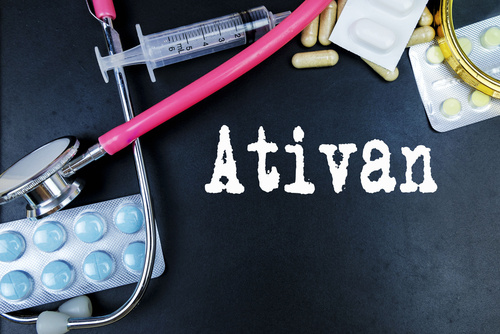Do Sober Livings Take Medicaid?
Sober living facilities are group homes for individuals who have recently completed substance abuse and/ or addiction treatment program that wish to move into transitional housing prior to returning home. Instead of immediately returning home, sober living facilities offer a greater level of support in a community environment, while residents continue to implement the newly learned tools and skills related to becoming self-reliant while maintaining sobriety. A benefit to residing in a sober living facility is that its residents are expected to care and be fully responsible for themselves (e.g., washing their own laundry, cleaning up after themselves, purchasing and preparing food, etc.), which can be advantageous to the recovery process. Sober livings provide substance-free environments, which are slightly less structured than inpatient substance abuse and/ or addiction treatment programs.
There are a plethora of sober living facilities available to those in need, each with distinct characteristics, located in different geographical areas, offering a variety of wide-ranging amenities. Every sober living facility has its own set of house rules, expectations of its residents, fees, and requirements. Each sober living home is different, and most are privately owned. Sober living facilities can range in price, depending on the location of the facility, amenities offered, and a variety of additional contributing factors. Most sober living facilities do not impose a time limit for its residents, enabling them to stay for as long as they need, provided they are able to pay for their stay and adhere to the rules and regulations of the facility.
What Is Medicaid?
The Centers for Medicare & Medicaid Services assert that “Medicaid provides health coverage to millions of Americans, including eligible low-income adults, children, pregnant women, elderly adults, and people with disabilities.” Medicaid is operated at a state level. As such, Medicaid substance abuse treatment (e.g., detox, rehab, aftercare services, etc.) is dependent upon individual state policies. The eligibility requirements differ from state to state regarding levels of coverage for addiction treatment services. For example, certain states require pre-authorization prior to providing any addiction treatment coverage. The Mental Health Parity and Addiction Equity Act (MHPAEA), which was passed into federal law in 1996, requires health insurance providers to offer benefits for substance abuse and mental health services that are equal to those for other medical and surgical services. Still, there are many nuanced details that differ by state as to whether or not Medicaid will cover the costs associated with addiction treatment services, including sober living. The answer as to whether or not sober livings accept Medicaid as a form of payment is variable. Medicaid does not provide coverage for all sober living, and further, not all sober living facilities accept Medicaid as a form of payment.
For Information and Support
Substance abuse and addiction can be incredibly dangerous and can result in severe short and long-term consequences. If you or someone you know is suffering from substance abuse or addiction, please get help as soon as possible. The earlier you seek support, the sooner you and your loved ones can return to leading happy, healthy, and fulfilling lives. There is no reason to go through this alone, and we are here to help. Please feel free to reach out to us for further information or with any questions regarding substance abuse or addiction. We are available anytime via telephone at: 213-389-9964, or you can always email us at: info@friendlyhousela.org.



